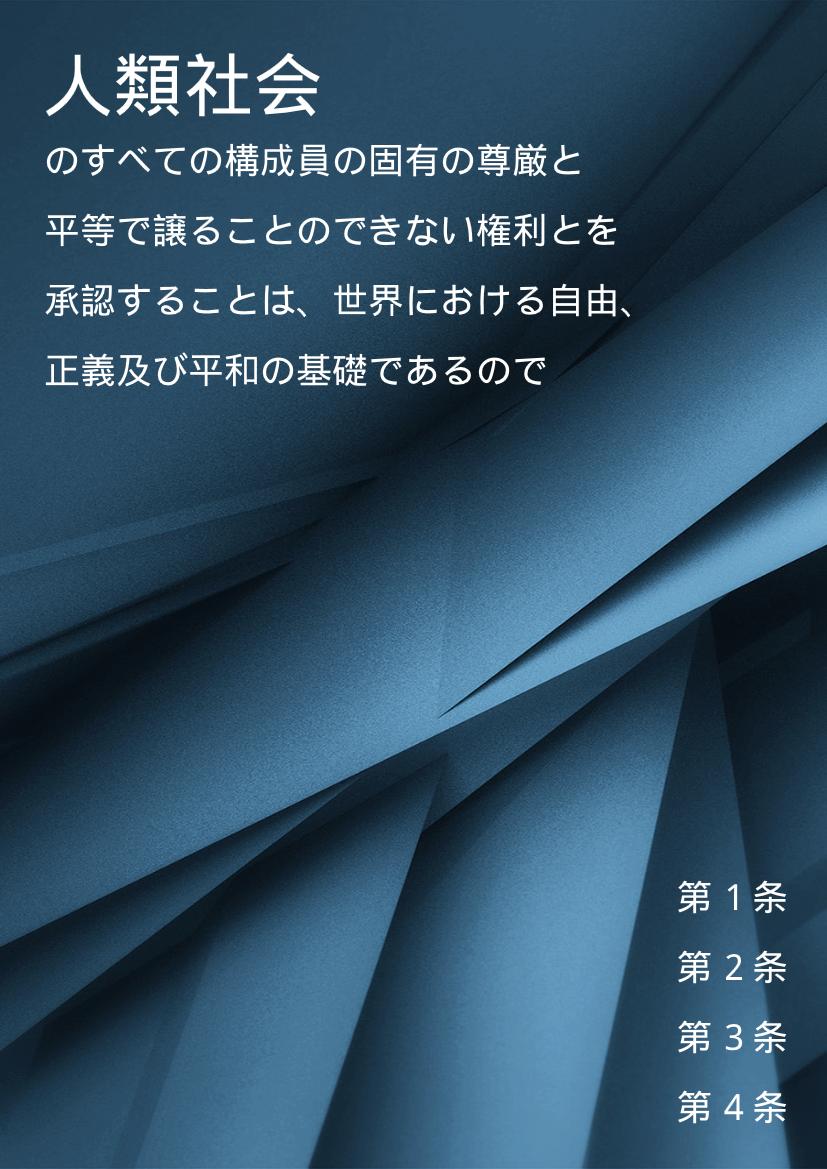Request a proposal Receive a proposal within one hour!
-
Service & Language Selection
-
Text Upload & Contact Details
Japanese Desktop Publishing, typesetting and InDesign translation services by Tilti Multilingual – the highest quality by experienced DTP managers. We provide solutions for:
- handbooks
- brochures
- business cards
- posters
- other materials
Our experienced InDesign managers and native translators make sure that the content and the design are brought together accurately, retaining their intended meaning and appearance.
Contact us at [email protected] for any inquiries.
Use the form above to send us your files, and receive a proposal within an hour!
Specifics of Japanese DTP
The way you document looks like is influenced not only by its contents, but also by the specifics of the writing system used. The Japanese language employs:
- Chinese character Kanji logograms
- Kana Japanese syllabary
See further how it may influence the layout of your materials.

Text spacing
Japanese does not use spaces to separate one word from another. It means several things:
- each individual part of the text will be more clustered
- there will be more space between different textual parts of the document
Japanese characters are not joined within a word (i.e. not a cursive script), at least not obligatory. It means that spacing between letters can be applied relatively safely, if the design calls for it.
Capital or uppercase characters are not used i.e. the script is not case sensitive. It is thus advisable to not rely on uppercase too much. While making a particular part of the text just bigger will have a similar effect, it will not change the form of the characters.
Appearance
The language is written in the left-to-right or top-to-bottom-to-left fashion. If the original text was in a language with the opposite writing direction, the overall layout should be mirrored in the process of desktop publishing.
The average word length in Japanese is 2 characters, which is 5 characters shorter than the average of all the languages. It is probable that your text will be able to contract and expand with much more flexibility. This applies to both dimensions, vertical and horizontal.
Frequently Asked Questions about Japanese DTP services
Here are some of the most frequent questions about the service.
How long will it take to complete my document?
On average, a DTP specialist can process 10 pages per hour. The time may change based on the quality of the files, whether the fonts you supply support the required characters, as well as the general complexity of the documents.
What documents do you work with?
Instructions, guides, manuals, packaging, business cards, posters, books, booklets, and any other documents that you might need.
What fonts are suitable for Japanese DTP?
Japanese DTP requires a font that supports the Kanji characters and the Kana (Hiragana + Katakana) scripts, as Japanese uses all three.




